Property shares: ripe for a comeback?

Keytrade Bank
keytradebank.be
May 08, 2024
(updated June 26, 2025)
3 minutes to read
Property shares were in strong demand for many years. When interest rates rose, crowds of investors pushed the sell button. Is there an improvement on its way? A helpful interview with Gert De Mesure, an independent analyst specialising in property shares.
Anyone who has had property shares in their portfolio in recent years was not happy about it. Why is this?
"In the years before the coronavirus crisis, real estate was a popular sector for investors. In particular, large institutional investors, such as pension funds and insurers, bought plenty of stock exchange listed property," says Gert De Mesure. "Since interest rates were very low or even negative, there was hardly any return to be had from bonds. Property shares traditionally yield attractive dividends, tend to be defensive and so offered a good alternative for those who wanted a relatively stable income. A bond with an annual coupon of 0.2% or a property share with a dividend of 4%? Many investors were happy to take on the associated equity risk."
"The rises in interest rates in 2022 and 2023 completely turned the tide. As a result, bonds and other fixed income products made an unprecedented comeback. By way of comparison, in the second decade of this century, long-term interest rates took 6.5 years to fall from 3% to 0%. In recent years, long-term interest rates have only taken 1.5 years to rise from 0% to 3%," he explains. "The magnitude and speed of the rate hikes were therefore immense. Institutional investors quickly swept out their (more risky) property shares, and brought in (less risky) bonds or other fixed-income investments."
"Of course, we must not forget that property shares are "shares" first and "property" second. Anyone who can buy a property on the real estate market at 40 per cent below the estimated value uncorks the champagne. But that’s not how it works on the stock exchange. Equity markets are much more sensitive to interest rate changes and are driven by 1001 different factors. In addition, these are property companies; they are not just buildings. Once property is listed on the stock exchange, it also takes on the characteristics of the stock market and follows market dynamics. If the stock market crashes 30% tomorrow, property shares will probably also crash, even if their results were not even being affected."
Nevertheless, company results in the sector remained generally good, despite rising interest rates?
"Indeed, yes. Although share prices fell sharply, the figures remained relatively good. Rental income was indexed and remained stable. Occupancy rates generally remained stable. And a large proportion of the companies had hedged against rising interest rates," says Gert De Mesure. "Then of course, suddenly there was competition from bonds. The fact that property shares were sold off cheap was mainly the result of rising long-term interest rates." "Mainly, but there is one other reason why investors pressed the sell button. More and more questions were also being asked about the high levels of borrowing at some property players, and their sustainability," he says. "This is how it works. Most private individuals in our country choose a fixed interest rate when they buy real estate. In other places, and for commercial transactions, a variable interest rate is the norm. For years, property companies – just like private individuals – had access to cheap finance. The lower interest rate made it particularly attractive for them to invest in new projects. But because interest rates have risen in the meantime, and the interest that companies pay is regularly reviewed, interest costs at many property companies have now also increased."
"This problem can be seen clearly in Sweden, for example. There are a lot of property companies stuck with a noose around their necks because interest rates rose suddenly," he explains. Fortunately, most property players in Belgium are well hedged against interest rate rises, so they are less exposed to this issue. Nor is there is a real estate crisis in Belgium. There is not a significant level of vacancies, and rents are rising. At worst there is a financing crisis."

Gert De Mesure
What might a turnaround bring?
"For this you mainly need to look at the trend in long-term interest rates. It can be seen very clearly in the rates: any day that central banks are predicting a rate cut is a day when property shares are doing (exceptionally) well," he points out. "Apart from long-term interest rates, business-related factors also play a role, and these make one property company more vulnerable than another. But I expect that it will be primarily the interest rates that will dominate property share prices for at least the next six months."
For the time being, everything indicates that interest rate cuts are coming, although with some delays. Is today a good time to buy in?
"Yes, in some places. But don't expect miracles. The European Central Bank’s key rate is currently at 4% (as of April 2024). Let’s say it drops to 3%. That 3% is still much higher than in 2019, when interest rates were still negative (-0.5%). If a property share had a price of EUR 40 in 2019, and has a price today of EUR 25, then you should not assume that the price will climb back to EUR 40. There is upside potential, but the situation is completely different today to what it was back then. You should also take into account that property companies that are hedged against interest rate rises will not remain hedged forever. Sooner or later, they too will have to refinance their borrowing at a higher interest rate. And once again: don't forget that property shares are facing strong competition from bonds and other fixed income products. Many institutional investors have sold off their property shares in recent years, and may have no intention of returning to them any time soon."
So anyone considering buying in, would do well to be selective?
"Yes. Take the Cofinimmo share as an example. This currently generates a net dividend of 7.5%. That’s not be sneezed at. With an occupancy rate of 98.5% and predictable income, the share looks solid, while it costs half as much as it did three years ago. As an investor, you might ask yourself: what are you risking if you know that the results will likely remain stable, the risk is probably moderate, and the dividend is attractive?" he wonders. "If you see how a handful of US companies dominate a large part of the stock market indices, that seems to me to be a more significant (concentration) risk. So property shares definitely deserve a place in a diversified portfolio."
Are there any particular segments or regions that look attractive?
"We may be a bit chauvinistic: Belgian property shares look attractive. They currently have low valuations. Belgian property shares have historically always been more expensive than their European peers due to their solid history of growth. That premium has partly been lost, which also makes it interesting to consider them today."
"Looking at segments, logistics real estate, healthcare real estate and retail real estate are particularly attractive. Logistics real estate because rental income has been rising well for several years – in the past, it only increased with inflation, and sometimes landlords were even willing to freeze it. Retail real estate, on the other hand, has the lowest value today, due to concerns about e-commerce. Nevertheless, retail properties are relatively robust and investment costs can be passed on. Thanks to a few bankruptcies and aberrations at a handful of healthcare property players, the market is still somewhat wary of this sector. Nevertheless, the impact on its rental income remained limited. The low valuations of healthcare real estate also offer great potential."
Interested in investing in listed property?
- Log in to Keytradebank.be on your laptop or desktop
- Click Advanced at the top, in the search window
- Search for the term Real Estate or the name of the share in which you want to invest
Other articles that might interest you
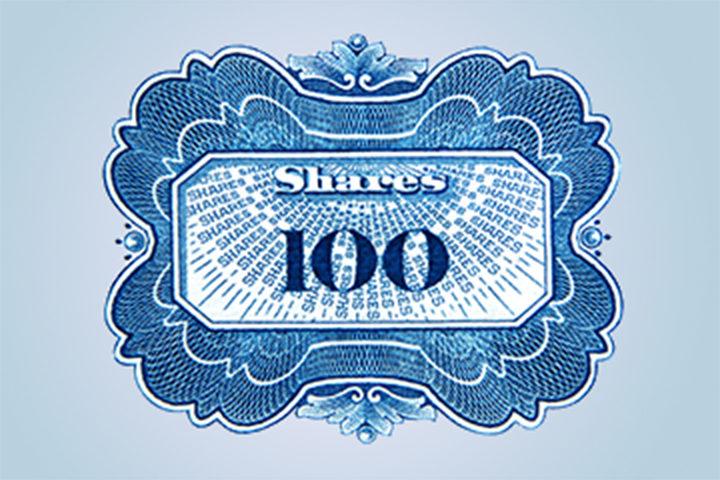
Is it time to say goodbye to bonds?

What can you do if you find a hidden defect in your home?
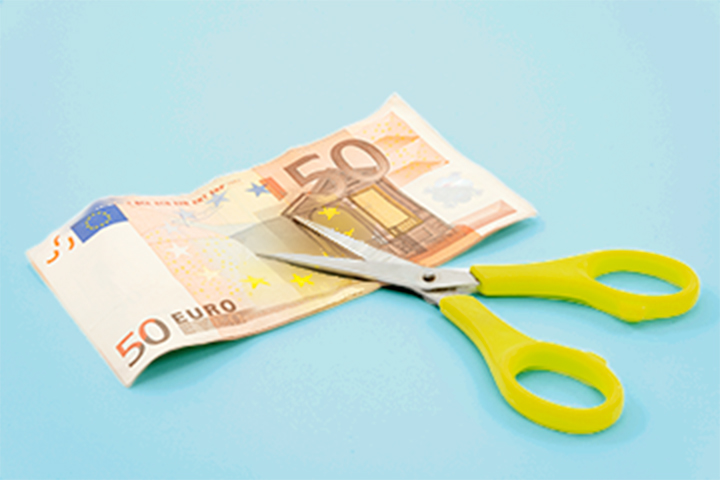
Capital gains tax: how will it affect your portfolio?

Monthly video 2025

Do you have a dormant account? This is how you can check!

Are we in an AI bubble?

Are luxury stocks worth investing in?
Investing in AI: hype or a ticket to the future?

Will AI replace human investment advisers?

How can I invest or save better for my child?

From stadia to the trading floor: here's how to invest in sport

Lost in the ETF jungle? Here's a compass to help you find your way

How to choose a tracker?

What is a tracker and how do you choose the right one?

Investing in stock market newcomers: a sensible strategy?

Graph of the week: Industry has not succumbed to Trump!
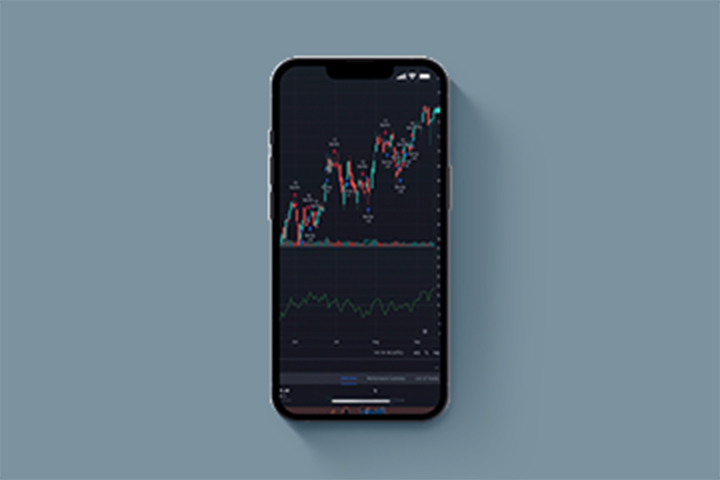
Why are shares continuing to rise? No-one knows

Guide: how much you need in savings

When you are taking out a mortgage, make sure to take out this free insurance

Should we be concerned about the US debt mountain?

Have you considered investing in Latin America?

How high students’ earnings may, and more importantly, may not be
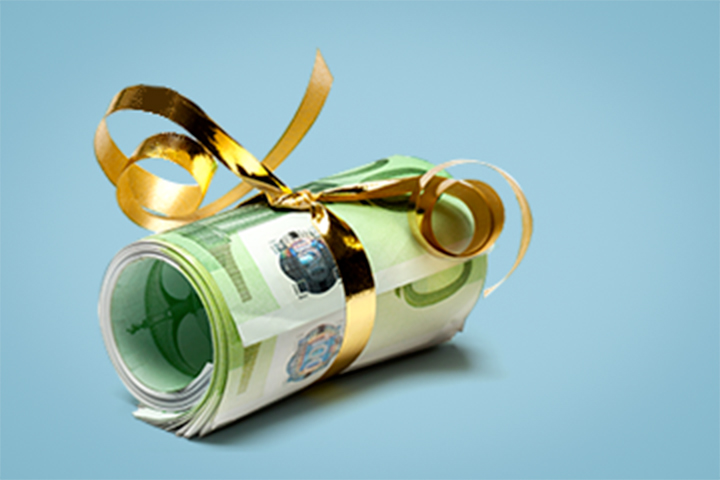
Gift or inheritance? Avoid these 3 big pitfalls (and any unnecessary tension)

Don't forget to include your EPC in your credit application

New reductions in stamp duty for home buyers
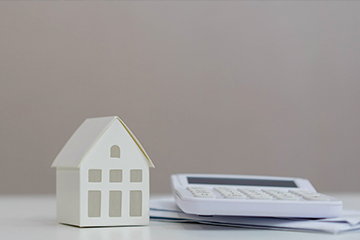
How much can you borrow for a home?

Borrowing for a second home: what are your options?
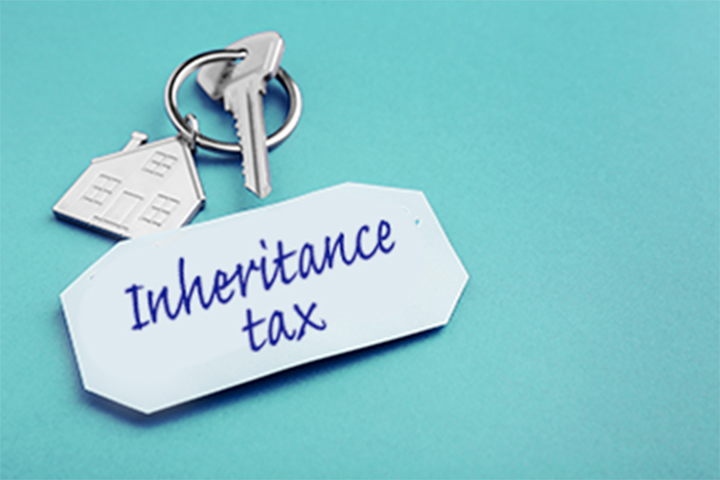
What if you are unable to pay the inheritance tax?

Does Japan have the most underestimated stock market in the world?

World Cleanup Day

Is stagflation becoming the new buzzword?

Humanoid robots: hype or golden opportunity for investors?

Passive investing: less effort for a better return

One inheritance at multiple times: contingent legacies
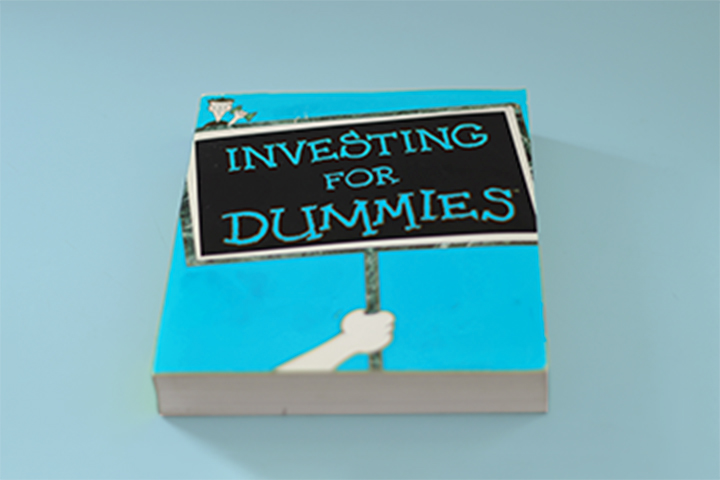
A beginner's guide to buying shares in five steps

Is Elon Musk about to crash Tesla shares?

Your family member dies: how to manage their banking

American optimism reversing: time to head for the exit?

Lending money to family or friends: do you have carte blanche?

An investment guide to Europe's military resurgence

Are European bank stocks experiencing a renaissance?

Dividend aristocrats: a good beginner investment strategy?

Monthly video 2024

Investing when money is tight: being ambitious pays off!

What is investing, and why is it an option for you?

Married, cohabiting or in a non-cohabiting relationship: the impact on gifts and legacies

Writing your own will? Avoid these 10 mistakes

12 questions and answers about a lasting power of attorney

Want to fit in a gift before the end of the year and avoid paying gift tax?
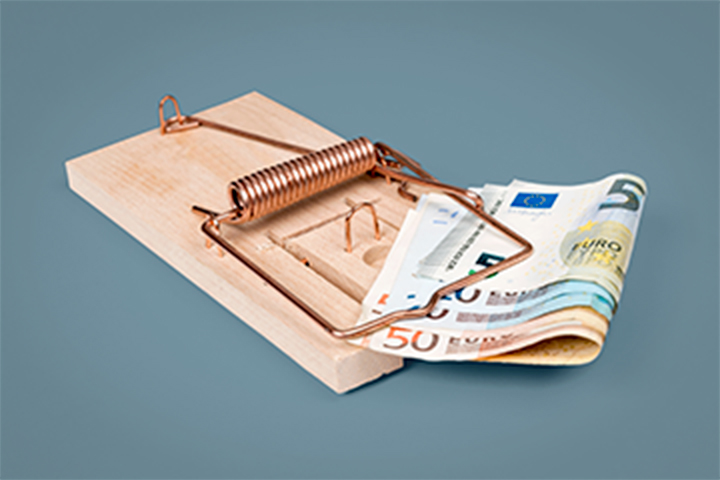
What you need to know before you start dividend investing

Start growing your pension sooner rather than later

What monthly pension savings for a maximum return?
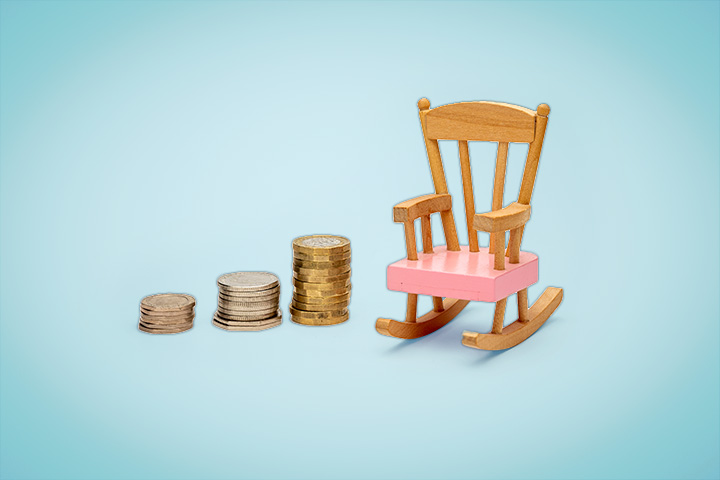
Lifetime pension savings: the sooner you begin, the more you rake in

What if pension savings were like a dating app?

Myth busters: 5 myths vs. facts about pension savings

Pension savings: save the grey hair for later

What would the retired version of you say to yourself?

Which loan is the best fit for your renovation project?
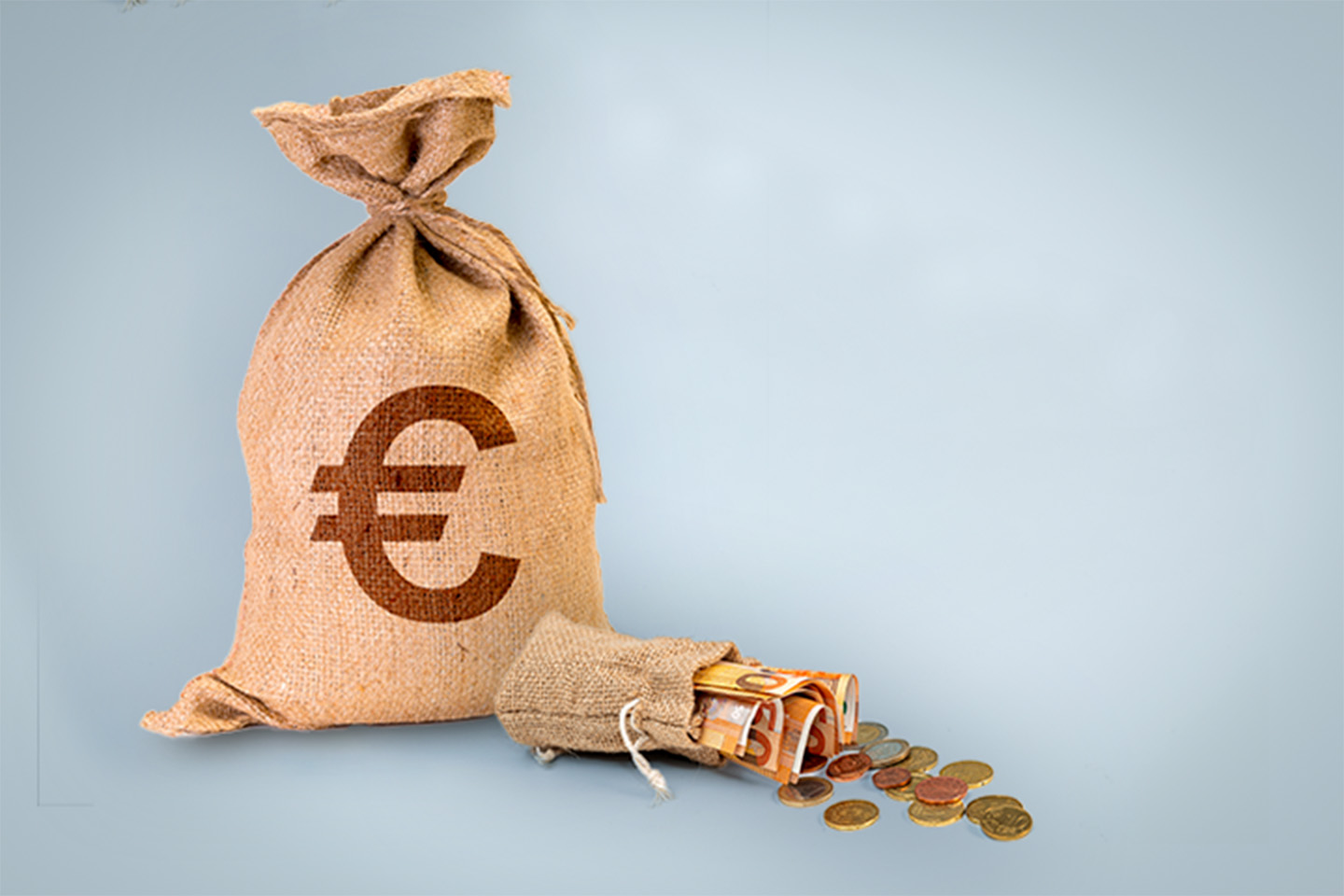
Lump-sum investing vs cost averaging: which offers the highest return?

When should you start investing? Seven potential key moments in your life

How can you teach your child to save? 12 tips

Are there shortcuts to becoming financially independent?
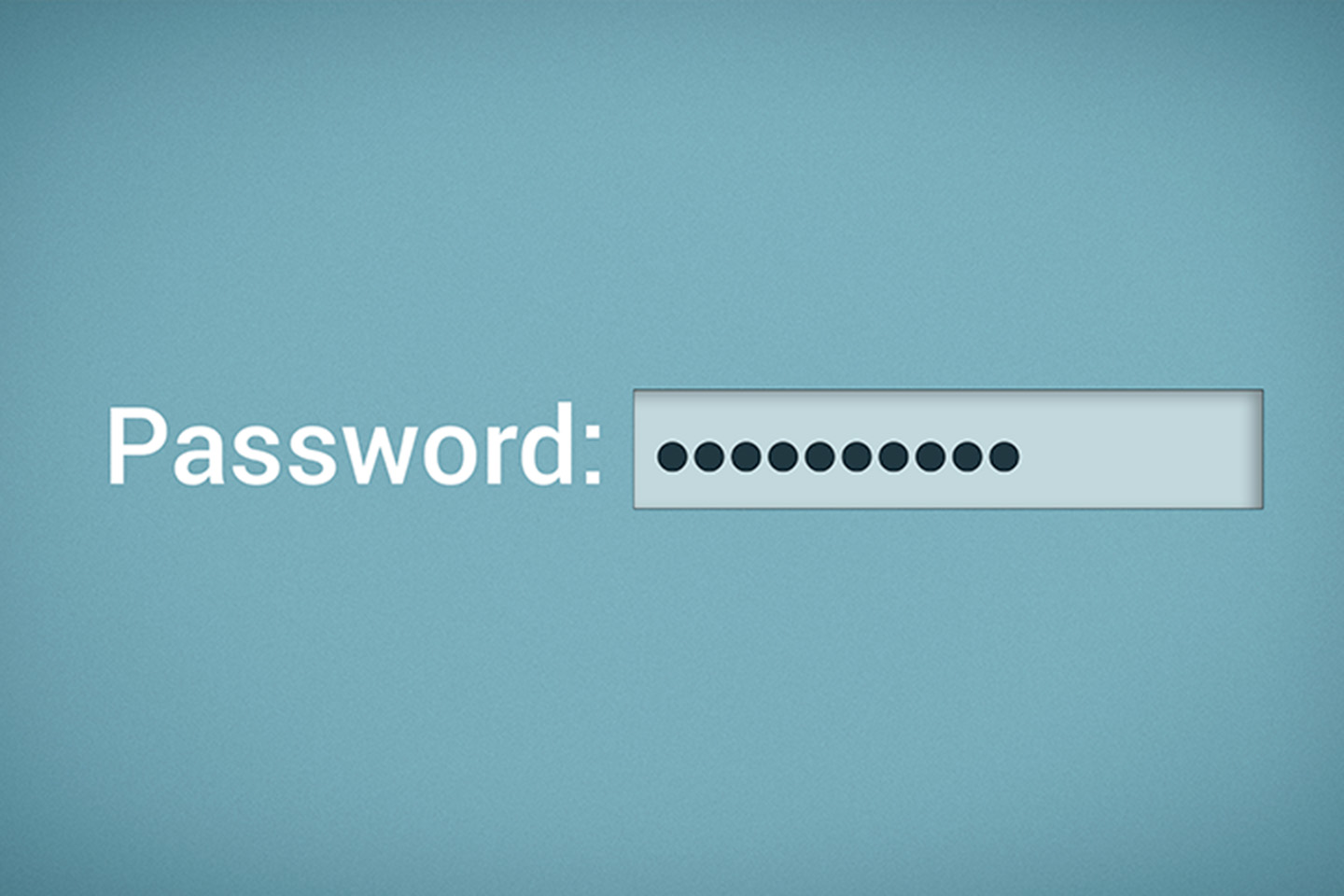
Have a password manager on your cybersecurity checklist yet?

Scam letters are back (even though they never really went away)
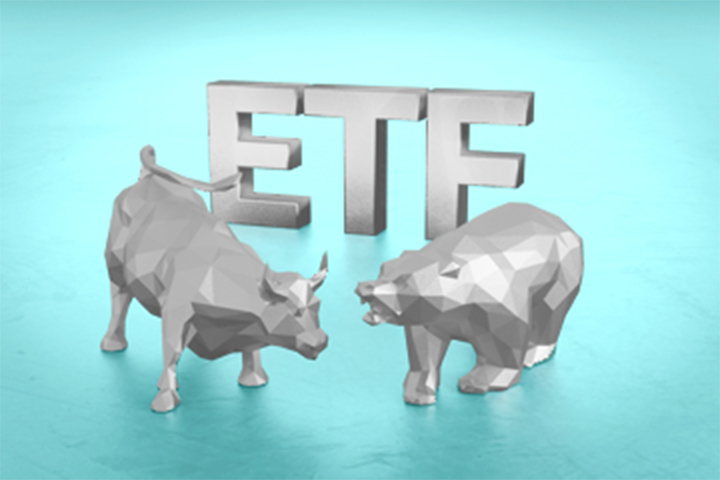
Actively managed ETFs: the best of both worlds?

6 reasons to invest in food

Checklist: travel without any money worries

Take a moment to read this before sharing your data

Investing in Belgian shares: the dangers of too many domestic securities

Untaxed side jobs: what is allowed and what is not (any more)?

Investors, never pay too much for your favourite share!

Who's who at Keytrade Bank? Who answers the phone when you call us?

Who's Who? Visiting IT

Buying real estate together? Consider a rights of survivorship clause

Would it be better to buy a student room than rent one?

House flipping: is it worthwhile?

What your friends forgot to tell you about cheaper travel
Investing in football shares: what's the score?
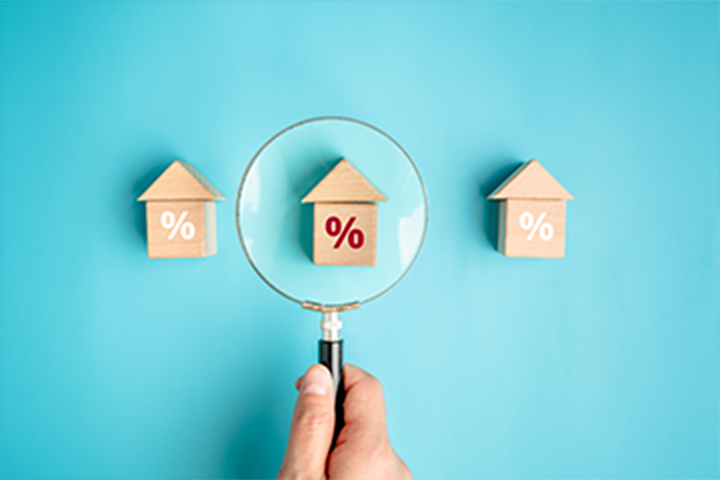
Comparing savings accounts: where do you put your money?

Watch out for recruitment scams
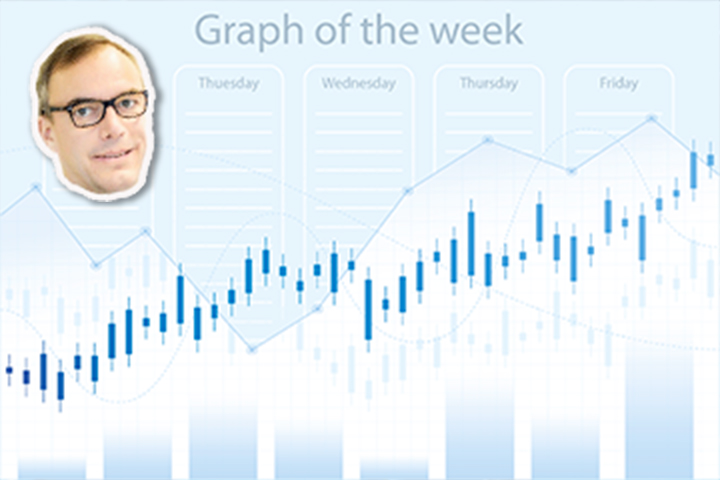
Europe is no longer falling behind!

Opening an online bank account: what is holding you back?

The difference between distribution and accumulation for funds or trackers

Is joining the BEL20 actually good for you?

Online dating scams: tips to protect yourself

Can we still say "Magnificent Seven"? Or should it be "2 Unlimited "?

Invest yourself or have someone do it for you: do you have to choose?

What do you have to tell the tax man about your money and investments?

New in Flanders: interest-free loans for renovations

Monthly video 2023

Shopping online: 7 tips and points to consider

Small company shares with big opportunities?

6 reasons why installing solar panels is still worthwhile in 2024

Golden days? Why to invest in gold (or not)

Exemption from withholding tax on dividends

Looking back on 2023

Will bonds beat shares in 2024?

Watch out, danger's about

Don't forget to create an extra access!

Shorting: what is it and how does it work?

The 10 principles of stock market success

How to invest in the energy transition?

Read this before you scan another QR code

Good positional play is important!

Keytrade Bank has one of the few free credit cards on the Belgian market

How to put phishers out of a job

Is India the new China?

Padel has got a new doubles partner with Keytrade Bank

Investors are not afraid of risks! Or not yet?

Get ready for the last quarter!

Investing in biodiversity: can Wall Street save the rainforest?

Don't forget to make arrangements for your digital estate

Saving for the sake of saving? Or with a goal in mind?

How do you prepare financially for a longer life?

Handling recessions: a manual

Sell in May? Is it really such a good idea?

Make an impact with your Keyprivate

How much diversification is enough for your portfolio?

From KIID to KID: new rules, better investment decisions

Which investment opportunities are available on the road to smart mobility?

Is the end nigh for American dominance?

A vitamin shot for your investments
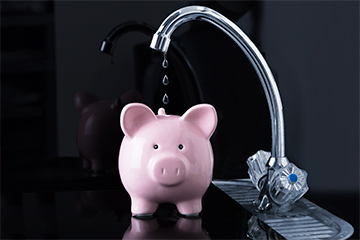
Does water earn a place in your portfolio?

Bonds to rise in 2023?

Monthly video 2022

A Keytrade Bank Nature Trail? Yes, please.

What is technical analysis and how does it work?

Who's who at Keytrade Bank? Data first

Less costs? Yes, please.

The situation following the Russian invasion of Ukraine

There's something new in the air in the investment world!

6 points to consider for thematic investing

Is tighter monetary policy acting as a brake on the stock market upturn?

How can you donate or leave a legacy to a charity?

As close as possible to staff

A Keytrade Bank Nature Trail? Yes, please.

How do you find out what a company’s ESG rating is?

ESG's alphabet

How much additional income are you allowed to earn as a pensioner?

All in our fund market at the same price

How to invest if you're on a tight budget

No extra costs ...

10 ways to save money with apps

Monthly video 2021

Hate budgeting? This is your guide to budgeting

Podcasts about money and investments (part one)

Can countries go bankrupt?

Inflation? Grab some commodities for your portfolio!

Enjoy your stay at the hotel and pay less

Gold, cash and government bonds: how safe are safe havens?

Baby on the way? Make sure your finances are ready for it, too

How to protect your capital in the event of a divorce

The halo effect: why we are buying the shares of Buffett, Bezos and Musk

Why investing for your child is a good idea

Timing is everything: how to choose the right time to enter the stock exchange?

La technologie préserve les investisseurs contre l'utopie

What is fundamental analysis, and how does it work?

How to include your grandchildren in your inheritance planning: 8 questions and answers

Why (not) invest in micro-caps?

Rent or buy? How to use the price-to-rent ratio

The treacherous stock market

Talking to your family about legacy: how to get started

Stock market versus bricks and mortar: 1-0

Maths on the stock market

The lazy marathon investor

The impact of luck on investments

Equity investors look beyond gloomy economic data

Ten basic rules for lifelong success on the stock market

Share everything with peace of mind. Except your bank cards.

Any dip in the global economy appears to just a passing blip!

Seven investment myths

Emerging countries are lagging behind!

First Aid for Your (Financial) Administration

Coronavirus blog Geert Van Herck: Property once again fails to deliver diversification bonus

Gift or inheritance: which is the most tax-efficient?

Making an offer on a property: what should you look out for?

Saving your payment card details in your browser: yay or nay?

Swapping your car for a bike: how much money could you save?

No extra costs. Yet 700,000 euros gladly given to you, our customers!

Can China make the dollar crash?

Afraid of causing Ferrari or hammock syndrome? This is how you can make a gift and stay in control

US stock market dominance not coming to an end yet!

Podcasts about money and investments (part two)

Anxious about inflation? Have you ever considered the mining sector?

Will the MSCI Emerging Markets index become the next big thing?

What does higher inflation do to your savings and investments?

How can you invest successfully?

Which shares suit you?

































































































































































